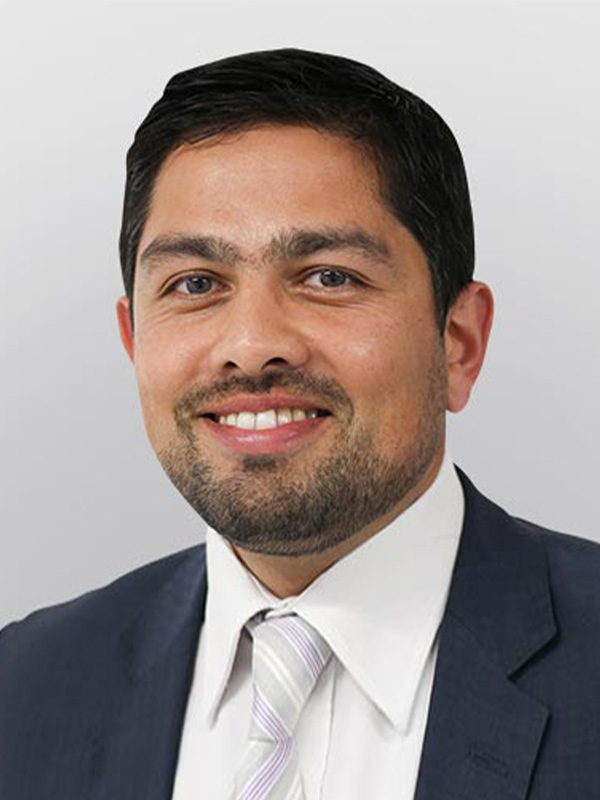
How long does cataract surgery last?
Cataract surgery is one of the most common and successful procedures performed worldwide. It can restore clear vision by removing the cloudy lens in the eye, caused by cataracts, and replacing it with an artificial lens. If you’re considering cataract surgery, one of the first questions you might ask is: “How long does the surgery last?” This blog will explain the length of the procedure, what to expect during the surgery, and how much time you should plan for the entire process.
The Procedure: How Long Does It Take?
Cataract surgery itself is a quick procedure. On average, the surgery lasts between 15 to 30 minutes per eye. However, the time can vary depending on factors such as the specific condition of your eyes and the type of cataract surgery being performed. There are two main types of cataract surgery:
- Phacoemulsification: This is the most common technique, where an ultrasound device breaks up the cataract, and the pieces are removed through a small incision. The artificial lens is then inserted into the eye. This method typically takes around 15-20 minutes.
- Extracapsular Cataract Extraction (ECCE): In some cases, a larger incision is needed to remove the entire cloudy lens in one piece. This technique may take a bit longer, typically around 30 minutes.
Even though the surgery itself is brief, the total time spent at the hospital or clinic will be longer. Here’s what you can expect during your visit.
What to Expect on the Day of Surgery
- Preparation Before Surgery: Before the surgery begins, you’ll go through a preparation process. You’ll be checked in by the medical team, and your eye will be numbed with anaesthetic eye drops to ensure that you don’t feel any pain during the procedure. You may also be given a mild sedative to help you relax. This preparation usually takes around 30 to 45 minutes.
- Surgery Time: As mentioned, the actual surgery typically lasts 15 to 30 minutes per eye. If you are having both eyes operated on, the surgeon will usually do them one at a time, with a break in between, or on separate days.
- Recovery After Surgery: After the procedure, you’ll spend some time in a recovery area. The medical team will monitor you for about 15 to 30 minutes to ensure there are no immediate complications. You will likely notice an improvement in your vision shortly after the surgery, although full recovery can take several days or weeks.
In total, you should plan to spend around two to three hours at the hospital or clinic on the day of your surgery.
How Long Do the Effects of Cataract Surgery Last?
Cataract surgery is highly effective, and in most cases, the results are long-lasting. Once the cloudy lens has been replaced with an artificial lens (known as an intraocular lens, or IOL), it remains clear for life. The artificial lens does not degrade or develop cataracts, so the effects of the surgery are generally permanent.
In rare cases, some patients may develop a condition called “posterior capsule opacification” (PCO), which can cause the vision to become cloudy again months or even years after the surgery.
This is not a recurrence of cataracts, but rather a thickening of the lens capsule that holds the IOL in place. PCO can be easily treated with a quick, painless laser procedure called a YAG laser capsulotomy, which restores clear vision.
Recovery Time After Cataract Surgery
Although cataract surgery is quick, recovery takes a bit longer. Here’s a general timeline of what to expect during recovery:
- First 24-48 Hours: In the first couple of days after surgery, your vision may be blurry, and your eye may feel slightly irritated. Most people experience improved vision within 24-48 hours, but this can vary depending on individual healing rates.
- First Week: During the first week, it’s important to avoid strenuous activities, heavy lifting, and rubbing your eye. You will likely have a follow-up appointment with your surgeon a day or two after the surgery to check your eye’s healing progress.
- First Month: Over the course of the first month, your vision will continue to stabilise. Any minor side effects, such as light sensitivity, glare, or halos around lights, should gradually subside. You will have another follow-up appointment during this period to ensure that everything is healing properly.
Most people can return to their normal activities within a week, but full recovery usually takes about a month. Your surgeon will provide specific guidance based on your individual situation.
Benefits of Cataract Surgery
Cataract surgery offers many benefits, including:
- Improved Vision: Most patients regain clear vision, which greatly enhances their quality of life. Tasks such as reading, driving, and recognising faces become easier.
- Greater Independence: With improved vision, many people find that they can enjoy activities they once found challenging and regain their independence.
- Quick and Effective: Cataract surgery is a fast procedure with a high success rate. Most patients experience significant improvements in vision shortly after the surgery.
Cataract surgery is a quick and effective procedure, with the actual surgery lasting only 15 to 30 minutes per eye.
However, you should plan to spend a few hours at the hospital or clinic on the day of the surgery, including preparation and recovery time. The results of cataract surgery are long-lasting, and most patients experience significant improvements in their vision.
Recovery typically takes about a month, with most people returning to normal activities within a week.
Considering cataract surgery? Book a free virtual assessment today to discuss your options with a specialist, get your questions answered, and take the first step toward clearer vision.
Find out if you are suitable for vision correction
Not everyone is eligible for vision correction surgery.
Find out if you could benefit from this life changing surgery by taking the quick self-suitability quiz below:
Our most popular procedures
What our patients say…
★ ★ ★ ★ ★
“A very professional and care-based process. All stages were carefully explained and executed efficiently. Dr. Musa is highly skilled and has a wonderful support team. Many thanks.”
★ ★ ★ ★ ★
“I was very impressed with Dr. Musa. He was highly professional and explained everything he was going to do. My eyes are brilliant now, and I felt very happy with everything. I wouldn’t hesitate to recommend him.”
★ ★ ★ ★ ★
“The results after 24 hours are amazing. I have perfect vision in the close, mid, and distance ranges, with no need to wear glasses at all. I could not be more pleased with the results. Thank you, Dr. Musa. Highly recommended!”
★ ★ ★ ★ ★
“I highly recommend Dr. Musa for laser eye surgery. I was hesitant to proceed with the surgery for 2 years, but as soon as I had a conversation with Dr. Musa, I felt at ease. He thoroughly explained the shape of my cornea and recommended the safest procedure for me.”
We have replaced the images of real patients who provided these testimonials to protect their privacy.

Hi, I’m Dr. Musa
Your vision is incredibly precious, and I believe in taking the time to ensure you are fully informed about your condition and the available treatment options. I value open communication and will dedicate the necessary time to explain each option, discussing the relative risks and benefits associated with them. Making an informed decision about your vision requires careful consideration, and I am committed to guiding you every step of the way.
Trust in my fellowship-trained expertise to provide you with the highest standard of care. I understand the significance of preserving and enhancing your vision, and I prioritise your well-being above all else. Visit our clinic to experience personalised care and specialised treatment tailored to your specific needs. Together, we can safeguard the health and clarity of your sight.
Dr Fayyaz Musa
MBChB (Edin) FRCOphth (Lon) CertLRS (RCOphth) PGDipCRS
Expert Laser Eye and Cataract Surgeon





